
‘Dashain is not Dashain for the Poor’
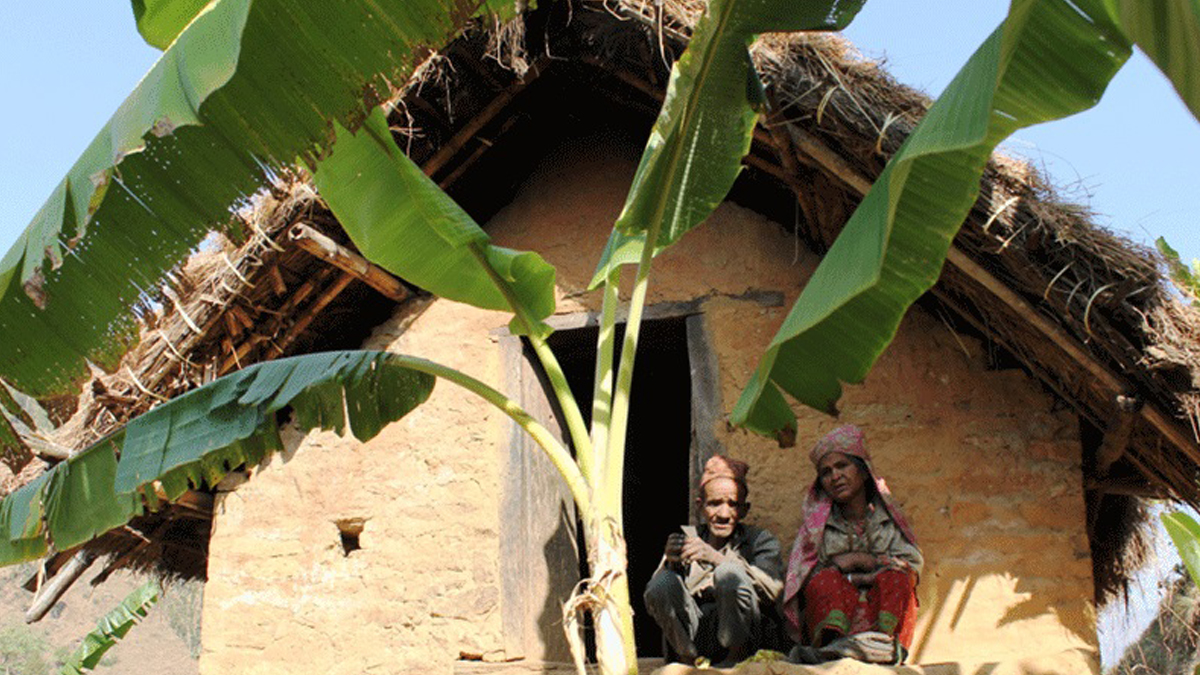
As the festival of Dashain grips the nation in joy and merriment, a stark reality comes to the forefront – Dashain, a time of celebration and togetherness for many, is a different experience for those living in poverty.
The Dashain festival, celebrated by Hindus in Nepal, is marked by family gatherings, feasts, and the exchange of blessings and gifts. However, for many impoverished families, the festivities are overshadowed by economic struggles and the inability to partake in the customary rituals that define the season.
Nepal, like many countries, has been grappling with economic disparities, and the situation seems to intensify during the Dashain season. The cost of performing traditional rituals and feasting during Dashain can be prohibitively expensive for many families. The purchase of new clothes, the slaughtering of goats or buffaloes for offerings, and the preparation of lavish feasts can be a financial burden that pushes many into debt.
In a conversation with epardafas, Poonam Sharma, a resident of a remote village, said, “Dashain used to be my favorite time of the year. I would look forward to new clothes, good food, and joyous celebrations. But now, it’s just a reminder of how little we have. We can’t afford the luxury of Dashain anymore.”
Poverty in Nepal is a multifaceted issue. A huge population lives below the poverty line, making it difficult for many to meet the financial demands of this festival.
Government and non-governmental organizations have taken steps to address this issue by providing subsidies and support to economically disadvantaged families during Dashain. However, the scale of the problem remains vast, and a more comprehensive solution is needed to ensure that everyone can enjoy Dashain without undue hardship.
As the nation continues its festivities, there is an urgent call for increased awareness and action to address the inequality surrounding Dashain celebrations. For many Nepalis, the hope is that, in the future, Dashain will truly become a festival of unity and joy for all, regardless of their economic status.
In the spirit of Dashain, many are emphasizing the importance of helping the less fortunate and making the festival more inclusive. As the festival season continues, discussions on finding ways to ensure that “Dashain is not Dashain for the Poor” will remain at the forefront of national dialogue.




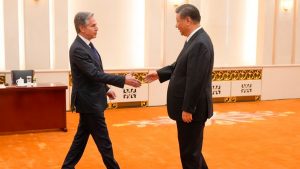
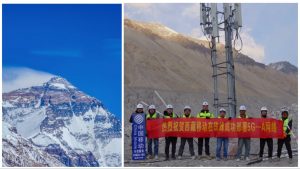
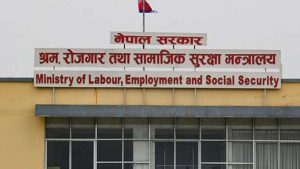



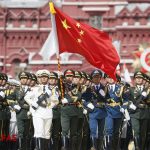



Comments